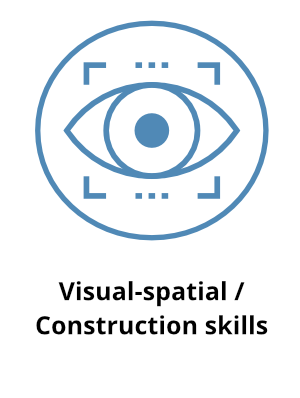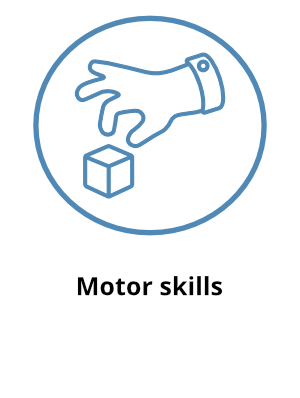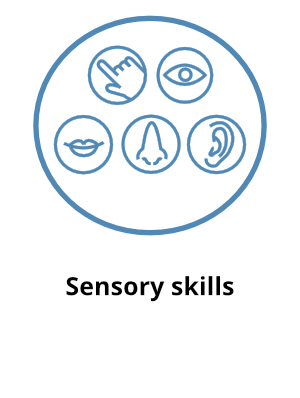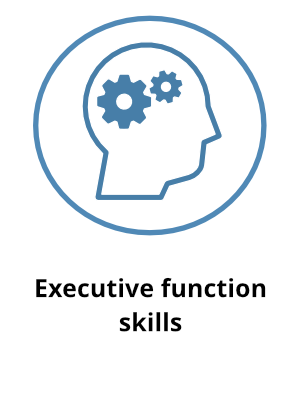Neuropsychological Cluster
Home > TAND Clusters > Neuropsychological > What to do > Problem-solving skills
Problem-solving skills
It is helpful to think of problem-solving as a series of steps. These steps are summarised in the diagram in the resource panel. Below you will find an example of how to use these steps to problem-solve a particular situation (forgetting to take medicine). These steps and example may be helpful for you in finding solutions to some of the problems you may be facing.
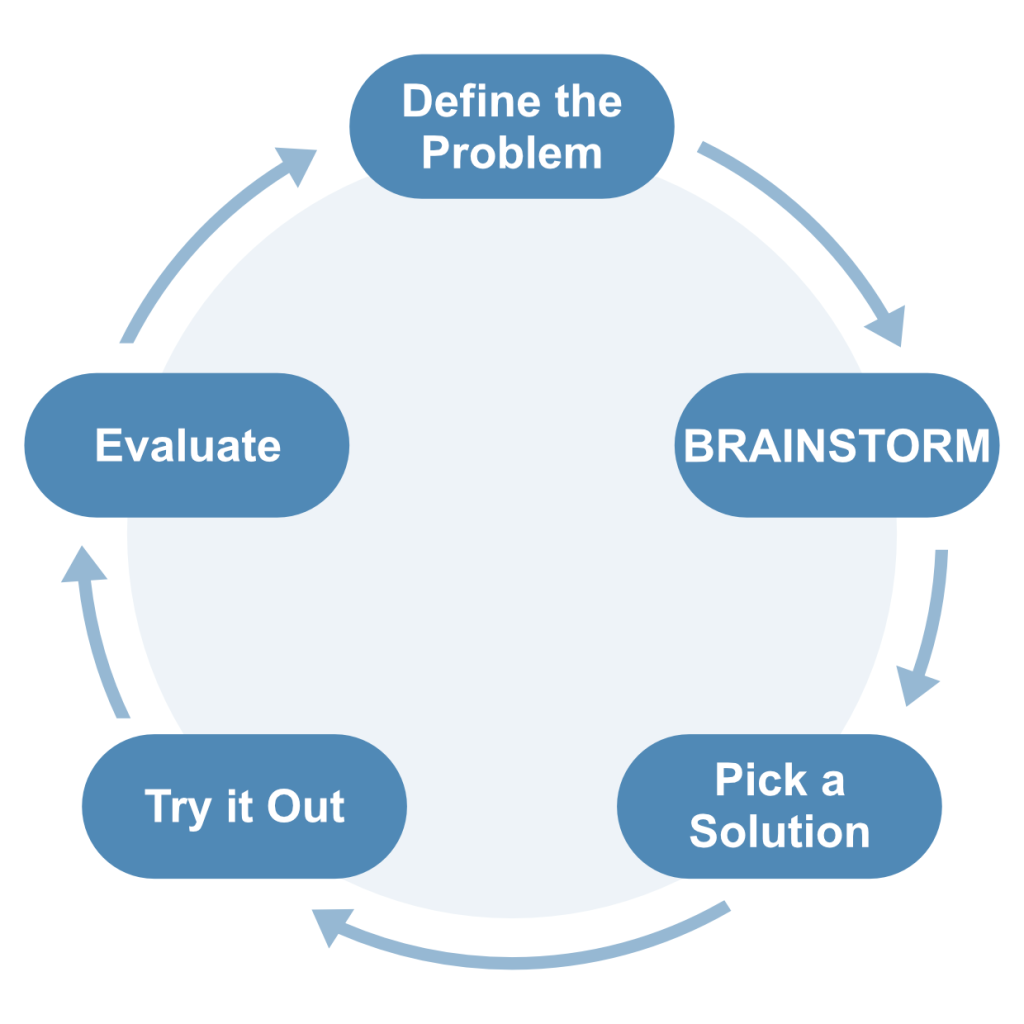
An example of problem-solving
Define the problem
- I forget to take my medicine in the morning.
Brainstorm
List all the ideas you have, no matter how silly or unrealistic they might be!
- Ask my doctor to call me every morning to remind me to take it.
- Set an alarm on the clock in the kitchen to remind me to take it.
- Keep it in a pillbox next to my toothbrush and take it when I brush my teeth in the morning.
- Keep it in my backpack and take it when I get my notebook out at school.
- Put it next to the dog’s food in the kitchen and take it when I feed the dog in the morning.
Pick a solution
- Ask my doctor to call me every morning to remind me to take it.
He or she will probably not have time to call me every day, and will expect me to take responsibility for taking my medicine. Set an alarm on the clock in the kitchen to remind me to take it. This might work, but on some mornings I might go out for breakfast or leave early and not go into the kitchen so I would not hear the alarm.
- Keep it in a pillbox next to my toothbrush and take it when I brush my teeth in the morning. This would probably work because I always brush my teeth in the morning. Even if I travel away from home, I take my toothbrush with me and brush my teeth in the morning. So I could take my toothbrush AND my pillbox with me. AND I can look in the pillbox to see that it’s empty to be sure that I DID take the medicine.
- Keep it in my backpack and take it when I get my notebook out at school. This is NOT a good idea. I don’t go to school every day, so I might forget on those days that I don’t go to school. I might lose the medicine. I might lose the backpack. I might not take my notebook out one day if my schedule is different. I’m probably not supposed to have medicine at school unless the school nurse keeps it.
- Put it next to the dog’s food in the kitchen and take it when I feed the dog in the morning. This is probably not a good idea because someone else in my family might feed the dog and then I might not remember the medicine. The dog might get the medicine if it’s too close to his food.
Try it out
Each morning, when I’m brushing my teeth, I see the pillbox sitting next to my toothbrush. I take my medicine right after I brush my teeth.
Evaluate
IT WORKS! I still need to pay attention, but when I brush my teeth in the morning, I take my medicine, too! If I wonder, “Did I take my medicine?” I just look in the pillbox section for that day: if it’s empty, I took it. If the medicine is still there, I didn’t take it (and I probably didn’t brush my teeth!) I might need help making sure to remember to fill the pillbox each week, but this is a good solution for each morning.
For the larger picture, however, of how to solve problems in everyday life, caregivers might consider:
- Imaginative or creative play.
- Modelling their responses to problems that arise in the course of daily life.
- Let your child experience natural consequences of his or her choices (within reason). Children with TSC who may have some developmental challenges might require extra supervision in this regard, but the main point is that caregivers should not immediately solve the problem FOR the child. Let the child experience the problem and try to work it out.



